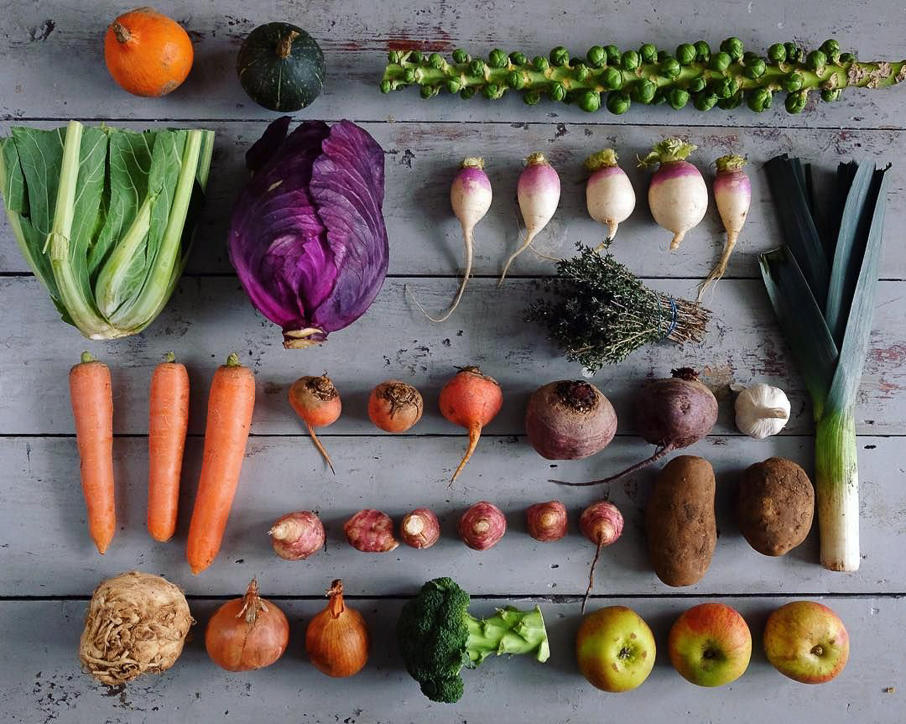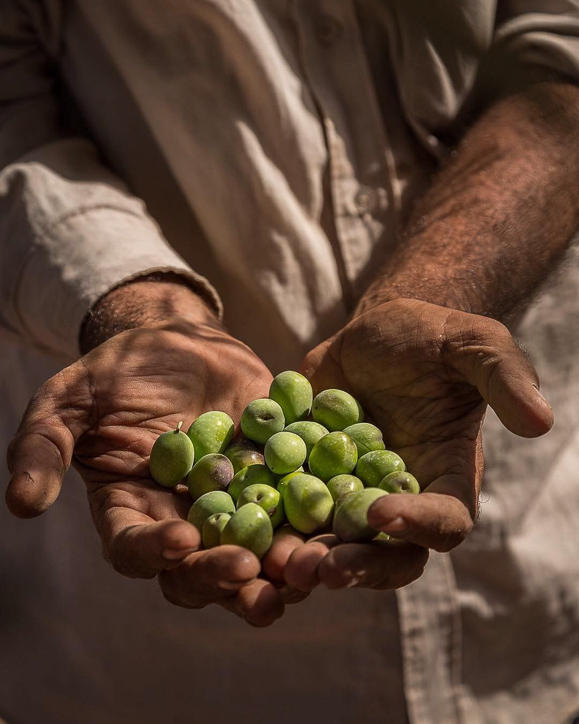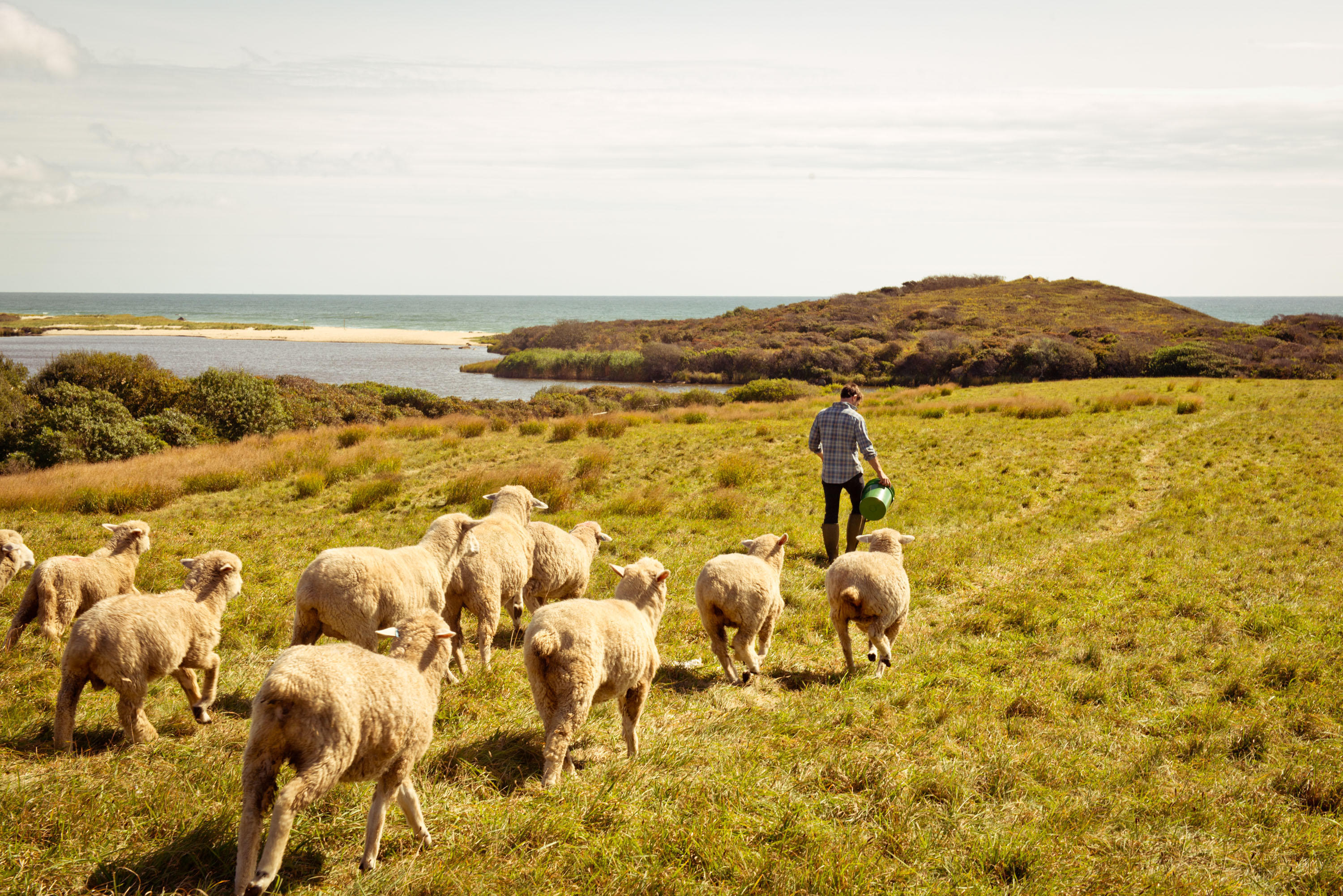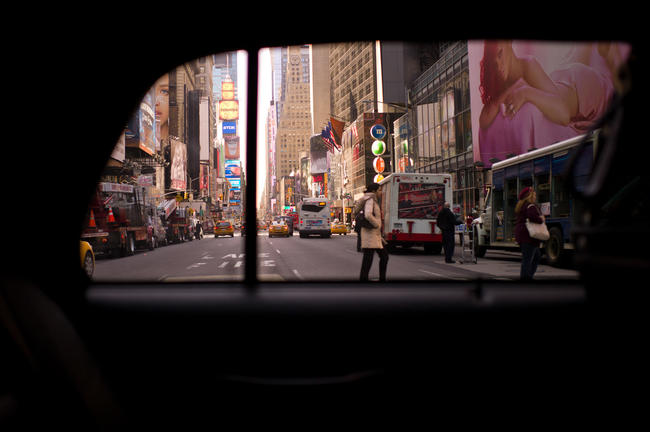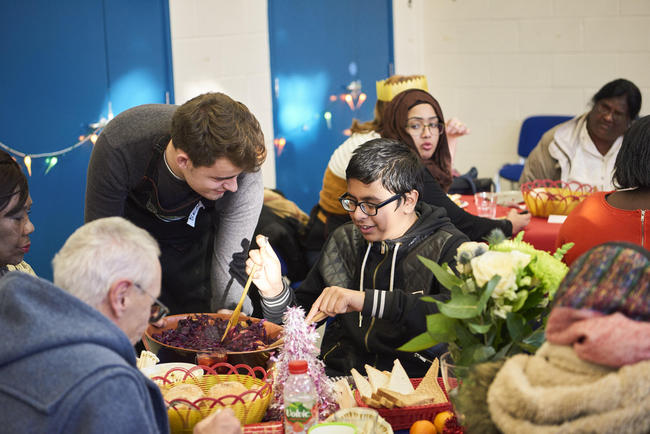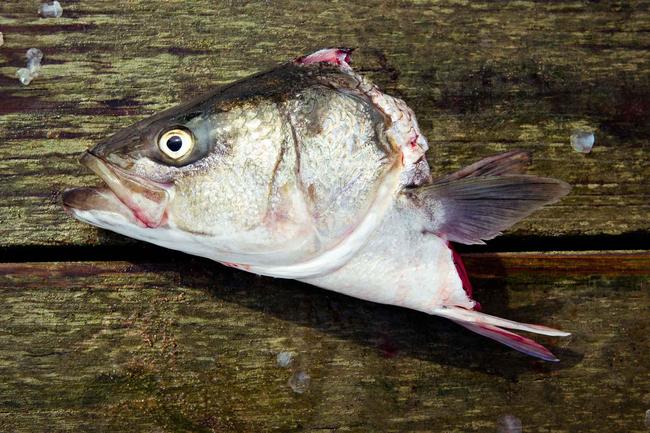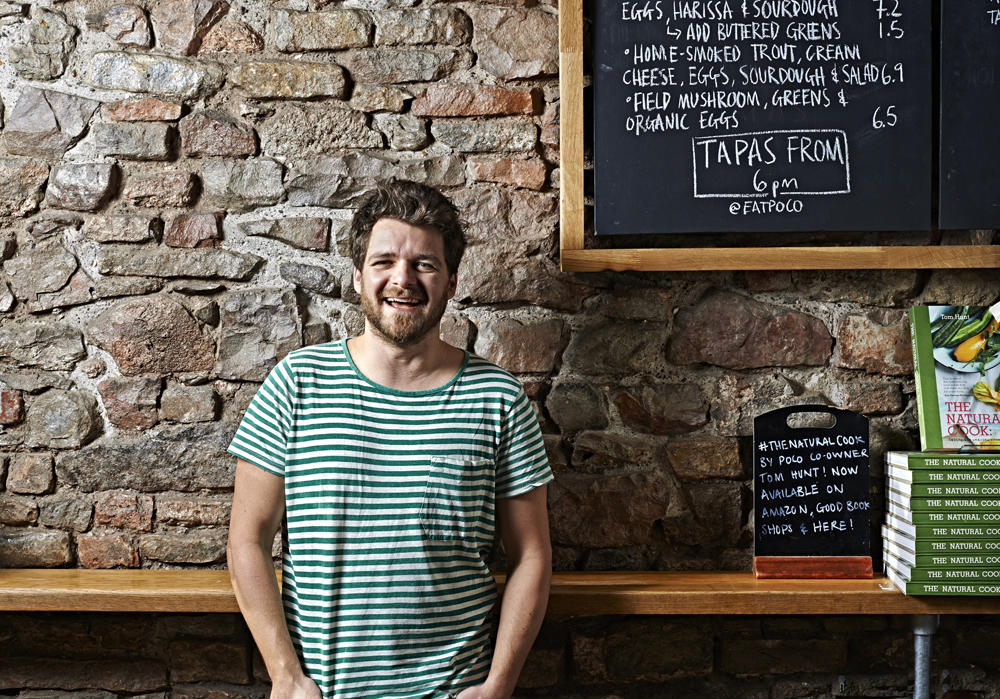
Eco chef Tom Hunt on saving the planet one bite at a time
In our food series, we’ve already talked about the global crisis of food waste versus sustainable eating and agriculture, and we’ve shouted about our favourite zero food waste heroes and what they’re doing. And now we hear from our guest author, acclaimed eco chef and activist Tom Hunt (one of the heroes on our list), who connects the dots a bit more between food and the environment. He writes in depth about how food production and our choice of food sources are major factors in climate change and the sixth wave of extinction. Here at Tea & Water, we believe that protecting our planet means reforming food; as consumers we are all aware of what air pollution does to the environment, but less aware of what our food choices are doing.
Pic credit: Tom Hunt
What did you have for dinner last night? Humour me for just a minute and think about the ingredients in that meal.
One by one, imagine the journeys those ingredients have taken, from the seed to your plate. Which country was it grown in, how and by whom? How was it transported? Was it bought directly from the farmer? Were the seeds genetically modified? Did the food come wrapped in packaging? How was the food processed: in a factory or your kitchen?
I had lemon pasta. I imagine the durum wheat in the pasta was grown in Italy, on a conventional farm that uses chemical fertilisers and pesticides. The flour would have been bleached in the mill, then made into pasta in a factory before being transported by truck and ship. The eggs came from an organic farm in the UK, where the chickens live in an orchard, fed with a supplementary organic feed mix perhaps made from soya grown in Brazil. The Parmesan was made in Italy, from unpasteurized cow’s milk reared in the region. And the lemons were grown on a small family farm in Sicily, again transported by truck and ship.
We can take this idea a step further: visualising the farmer, imagining what they might look like, what their hardships and pleasures are and what day to day work they do to grow and harvest our food.
In most of the developed world we are disconnected from the origins of our food. We will never know where it has come from – leaving this process to our imaginations alone. This lack of connection and anonymity hides the immediate impacts our food choices have on the farmers, local people and the environment. Even the simplest meal holds an infinite number of details about how that food was produced, each detail impacting on the environment both positively and negatively. But my aim here is not to confuse or dishearten you. Though popping to the shops for some ingredients has become ever more complex, simply taking an interest in the production of our food, and caring about what we consume, benefits the environment. We are in a hugely fortunate position where our actions can contribute towards regenerating the planet, simply by how we eat.
Pic credit: Gabriela Herman
The global food system is responsible for up to one third of all human-caused greenhouse gas emissions. Climate change is the result of mankind’s industrial revolution on Earth. And finding a cure for such colossal human impact on our ecosystems, caused by generations of the world’s population, seems unfathomable. But the knowledge that people have created climate change is a powerful message and is driving a new revolution for sustainability.
Up to 40 per cent of all the food we produce is wasted. Waste happens at every level of production, in the fields, factories, during transportation, in shops, restaurants, and last but not least in our homes. Disposing of and processing this waste bumps up the cost to our planet even more.
The sheer quantity of food being wasted and the brilliant effects on society of curbing this waste, have driven the issue to the top of the global agenda. The food industry is responsible for a large proportion but we also have a big part to play as individuals in reducing that waste. One third of all food waste comes from our homes. And we don’t realise how much we throw away. But both the industry and individual households have begun to change for the better. In the UK for example, being thrifty with our ingredients, loving our leftovers and shopping wisely have helped British people cut waste by 21 per cent over the last few years alone.
Pic credit: Fair Trade Foundation
But this doesn’t change industrial agriculture – by far the largest contributor to food-related gas emissions, from its reliance on fossil fuels for machinery and fertilisers, to pesticides, the toxic run-offs created by animal agriculture, and deforestation for the growth of their feed.
Industrial agriculture is an intensive form of chemical food production that has dominated our conventional food system since the Second World War. It is a mono-crop based system that concentrates on a single crop for high production levels. Industrial animal agriculture is also known as factory farming. On factory farms, animals are reared en masse in specialised buildings for their quick production. Most of the food in our shops and supermarkets are a product of industrial farming.
But here’s the catch 22: most agricultural organisations deem these farming methods vital to produce enough food to feed the world. But this isn’t necessarily true. According to the Food and Agricultural Organisation of the United Nations ‘small farms produce a higher share of the world’s food relative to the share of land they use, as they tend to have higher yields than larger farms within the same countries and agro-ecological settings’. This is literally the opposite of what we are told by the agro-industry. These farms use proportionally fewer fertilisers and pesticides than big farmers and are often organic and/or practice agro-ecological farming methods, having fewer repercussions on the Earth and environment.
At present, we are dependent on industrial farming. It produces around half of the world’s food, most of it consumed in developed countries but often produced in some of the poorest countries globally for export. The very nature of industrial farming is destructive and has many negative side effects that are creating huge problems for the planet. Rather than farming in an ecologically responsive and responsible way, conventional farming’s approach is to dominate nature, killing local wildlife, impairing soil quality and polluting the land and sea in the process – all factors that weaken biodiversity and contribute to climate change.
Pic credit: Jens Görlich
Nitrogen, phosphorus and potassium – all naturally occurring – are essential for plant growth. Since the early 20th century these and other nutrients and minerals have been chemically synthesised and applied to soil to enhance plant growth. This has overcome the need for nature to play its part in creating fertile soil. Fertiliser in some form is essential to replace the nutrients used up by plants grown on that land. Organic fertiliser is usually made by composting animal dung or green cuttings into manure. It can also be made in other ways. It is a slower process and less intense than chemical fertilisers, but can still cause environmental stress if used excessively.
Farming is the largest cause of air pollution in Europe. Nitrogen from fertilisers and animal waste is clogging up our air and contributing to climate change. The production of fertilisers creates greenhouse gases such as carbon dioxide, methane and nitrous oxide. Soil bacteria in the fields can also convert nitrogen fertilisers into nitrous oxide.
Pic credit: Gabriela Herman
Industrial meat and dairy production is another major contributor to planet-warming gases, thanks to carbon dioxide and methane production. Industrial animal agriculture produces far more greenhouse gases than pasture-reared or mob-grazed animals, the latter an intensive rotational grazing system which reflects nature, where wild animals arrive in herds, eat and move on. Industrial animal agriculture lacks a balanced ecosystem to absorb the chemical fertilisers and compounds created from the animals’ waste and run-off. These are washed from the land by rain, causing excessive nutrients in our rivers, lakes and oceans. This excess aids the growth of algae and other organisms, whose life cycles deplete oxygen, causing fish-die offs.
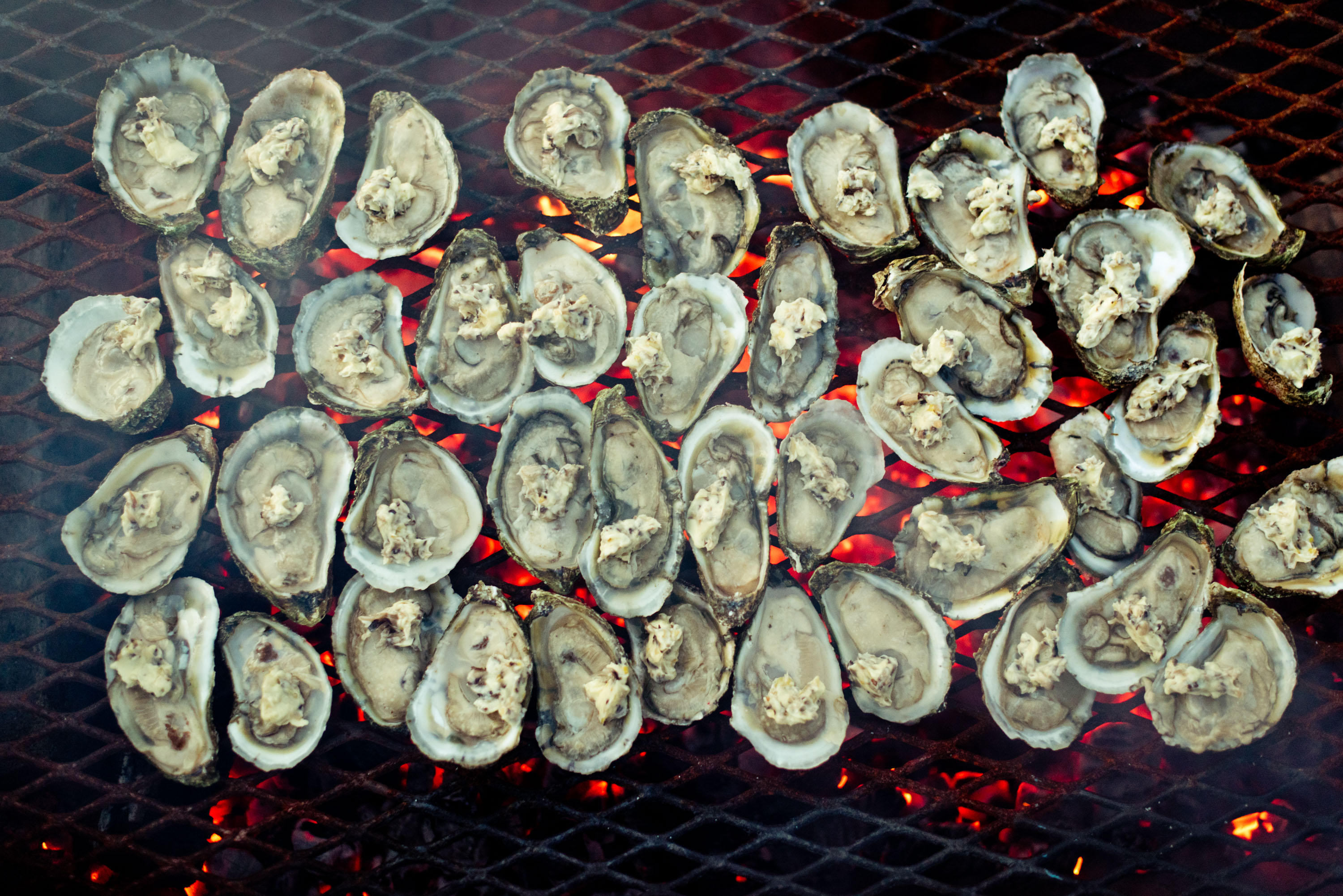
Pic credit: Gabriela Herman
This damaging list from industrial farming goes on and on – including not least the social injustice that goes with unfair distribution of its produce and the exploitation it puts upon whole communities. While it helps to feeds the world, industrial farming also leaves many in hunger.
Industrial farming is intrinsically linked to climate change: the goliath of our times, responsible for the sixth extinction of species on Earth. The direct consequences of climate change are already evident, creating unstable climates, desertification, food insecurity and destabilising regions. Weather is affecting crops, not only in the hottest climates but also in Europe and the U.S. Over in the UK earlier this year, we saw food shortages in British supermarkets of certain vegetables. Supermarket shelves were bare of courgettes, lettuce, aubergines and other vegetables. The bulk of these vegetables are grown in the industrial gardens of Italy and southern Spain. Flooding, poor weather and a harsh winter damaged crops, resulting very quickly in a serious shortage of vegetables. During the winter months, Murcia in southern Spain produces 80 per cent of Europe’s vegetables. These recent shortages are a warning sign of the fragility of our industrial farming system and could spell more severe shortages in the future. Being dependent on imported produce creates a lack of food security that should make us pause for thought.
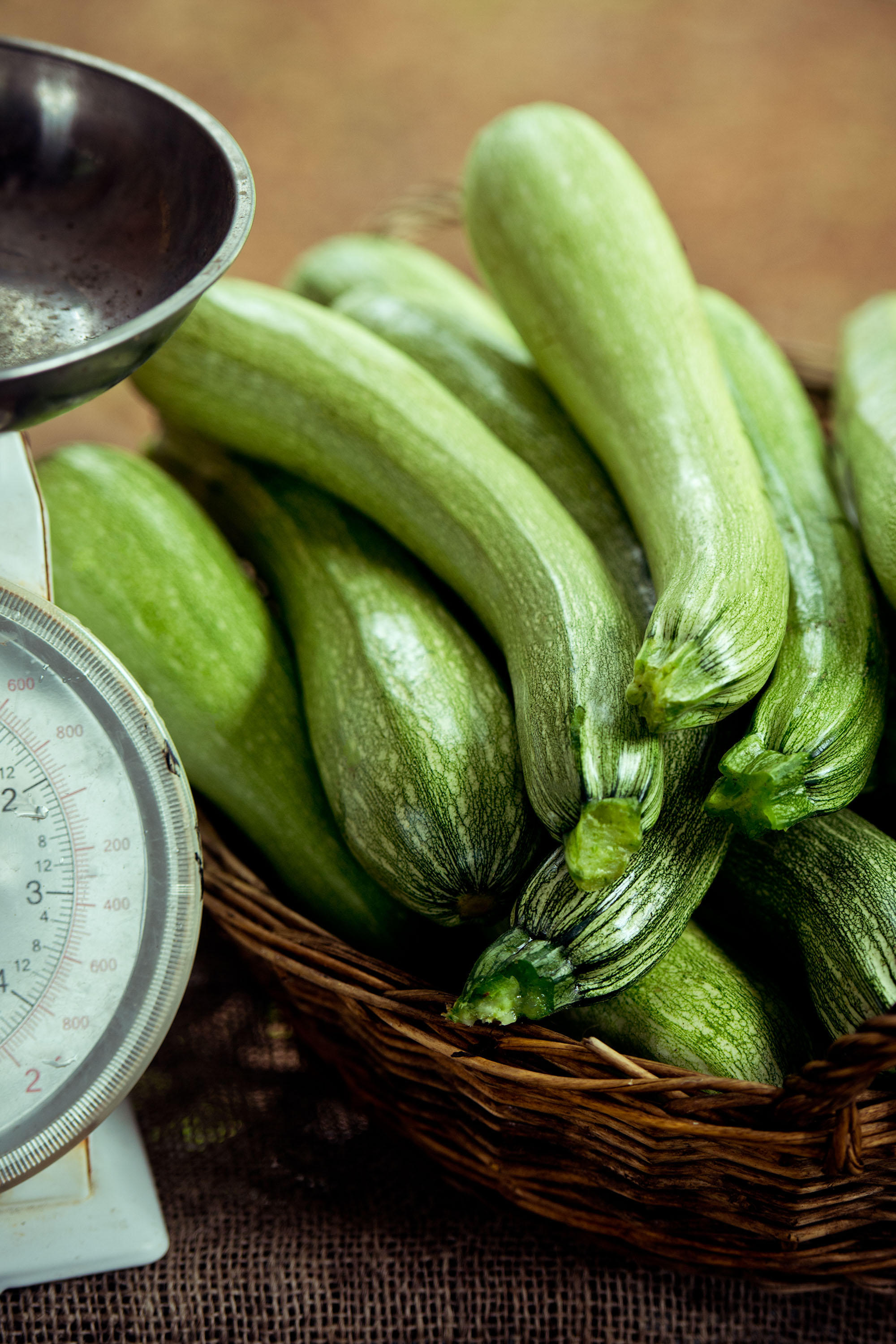
Pic credit: Gabriela Herman
In order to relieve our dependence on industrial agriculture we need to reverse the global trend towards urbanisation, repopulating our countryside and farms with progressive communities and young farmers. Not an easy task, but there are signs that more young people are turning to farming within the new organic movement. Yes it can be more labour intensive, but agro-ecological farming can produce as much food as intensive farms. The term agro-ecology can be used in multiple ways, as a science, a movement and a practice. In practice it refers to all farming methods that work with the ecology of a farm, responding to its geology, soils, flora, fauna, social context and local knowledge. Industrial agriculture more often acts as an isolated entity, without considering the broader contexts of the local environment.
Until recently, most big businesses have been able to act, regardless of their environmental impact. But government legislation, public pressure and heightened awareness within corporations is changing business organisations to consider the environment and their sustainability little by little. Our governments and the agro-corporations running our food system must step up to ensure and improve global food security. With the right public pressure, we can help catalyse this change.
On an individual level, what we eat matters. We use hundreds of ingredients in our meals, which each come from a different person or group of people and farm. By supporting farms and individuals that share our values of a sustainable world whenever we can, we are investing in their business, the local environment and future of the planet. We are protecting micro-ecosystems and communities that, together, have a positive impact on our environment as a whole.
One meal at a time we can help contribute towards a better food system.
Tom started award winning UK restaurants Poco and is the author of The Natural Cook. He also founded the Forgotten Feast, a social enterprise working on projects throughout the UK to revive our cooking heritage and help reduce food waste. Tom was one of the first people to be asked to join the Slow Food Chefs’ Alliance, alongside celebrity chefs such as Richard Corrigan, Angela Hartnett and Fergus Henderson.
Picture credit header image: Neil White

